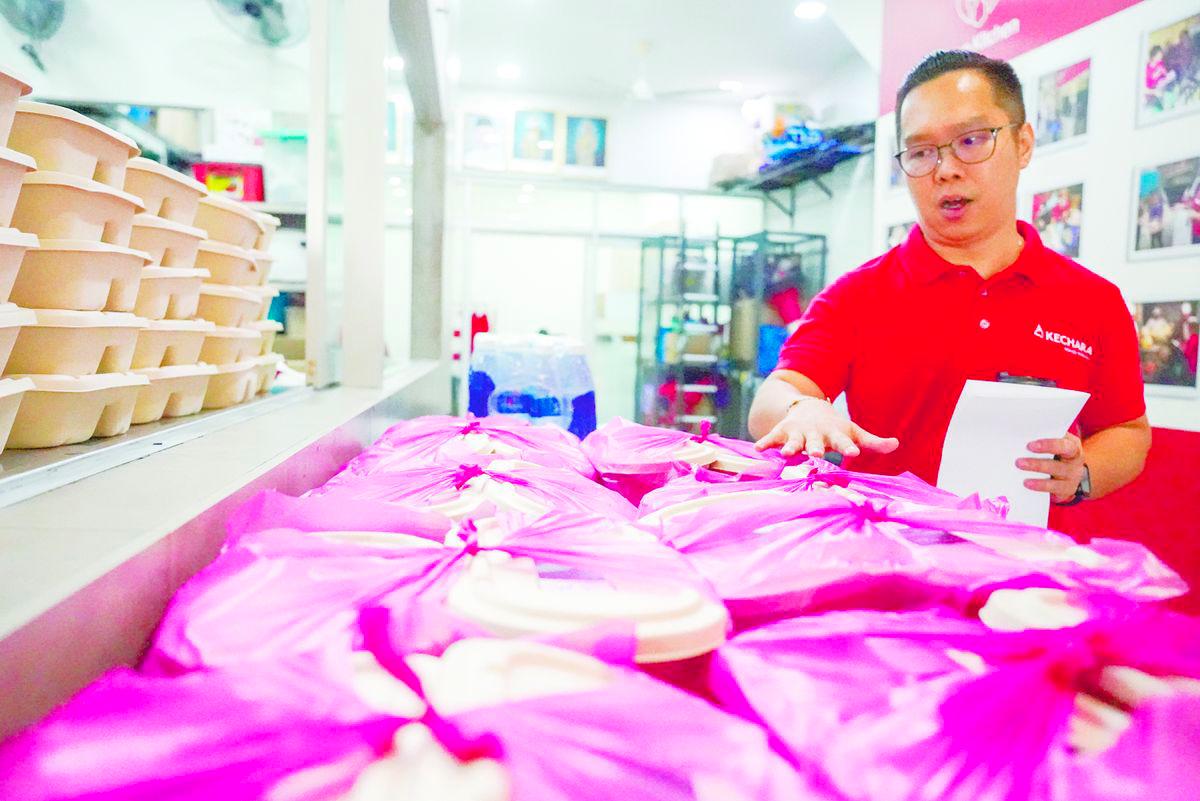KUALA LUMPUR: Kechara Soup Kitchen (KSK) has revealed that the homeless population in Kuala Lumpur includes individuals facing personal crises and systemic gaps, not just those with criminal or substance abuse issues.
In an interview with theSun, KSK marketing director Justin Cheah said the homeless community is highly diverse.
“While some individuals struggle with drug addiction or mental health conditions, many others are elderly, chronically ill, physically disabled or abandoned by their families.
“Some are jobless due to economic hardship, while others are undocumented or have no next of kin.”
He said these individuals often experience homelessness not by choice but as a result of broader social and economic failures.
“The public often links homelessness with laziness, drug abuse or crime. While these cases do exist, they are not the majority.
“Many of the homeless we serve are quietly enduring hardship, ashamed to ask for help, or simply waiting for someone to notice (them as humans),” he said, adding that he has observed a rise in urban poor since the Covid-19 pandemic.
“Families and individuals who were once employed in the informal sector but lost their livelihoods are now among those we assist.
“More women, senior citizens and young adults are appearing at our street aid distribution activities.
“Some cannot afford rental rooms anymore and are stuck in a cycle of precarious living.”
Cheah also said many lack long-term support such as mental health services, identity documents, job retraining, referrals, rehabilitation centres and safe shelters.
He added that stateless individuals or those without formal identification often face bureaucratic barriers when seeking aid.
“We urge the public to stop seeing the homeless as a ‘problem to be removed.’ Homelessness is a social symptom, not a crime. Raids and detentions do not (address) root causes.
“What we need are holistic interventions such as more low-barrier shelters like Pusat Transit Gelandangan Kuala Lumpur, transitional housing, mental health services and job placement, not punitive measures.”
Meanwhile, KSK outreach team member Jien Howe said the organisation has seen an increase in elderly individuals seeking assistance.
“They require help with meals and assistance applying for Welfare Department aid, medical support and other necessities,” he said, adding that the trend is attributable to inflation and rising living costs.
“Many elderly people do not have a fixed income or sustainable savings.
“Some work odd jobs, such as cleaning or collecting recyclables, while others seek support from NGOs like KSK.
“Some live alone, and a monthly dry food ration is insufficient. Their consumption patterns differ from other adults, so they prefer receiving ready-to-eat meal sets,” Jien said.
He added that poor decisions often lead to more severe outcomes for those in vulnerable conditions and called for greater public awareness on financial literacy, substance abuse and family budgeting.
KSK has encountered individuals who were previously detained under the Destitute Persons Act and later returned to the streets.
“They shared that the centres assisted them with profiling, food, shelter, medical care and other necessary aid,” he said.
He added that a few had returned to homelessness after the Welfare Department rehabilitation programmes due to persistent narcotics abuse, or being caught up in loan shark ties or failed stock tradings.
KSK has operated for 17 years and has assisted 11,176 homeless persons throughout Malaysia.
Jien encouraged more people, including authorities, to volunteer.
“By participating in these volunteer sessions, people would better understand how the authorities can improve their support for our most vulnerable friends,” he said.
On July 23, Women, Family and Community Development Minister Datuk Seri Nancy Shukri told Parliament that 987 individuals categorised as “Orang-orang Papa” were detained by the Social Welfare Department as of May under the Destitute Persons Act 1977.
Since 2021, Kuala Lumpur has recorded the highest cumulative number with 1,742 cases, followed by Penang with 1,288 and Johor recording 1,199.
In the same period, 5,068 of those documented were aged 18 to 59, with 2,018 aged 60 and above and 515 under 18.









